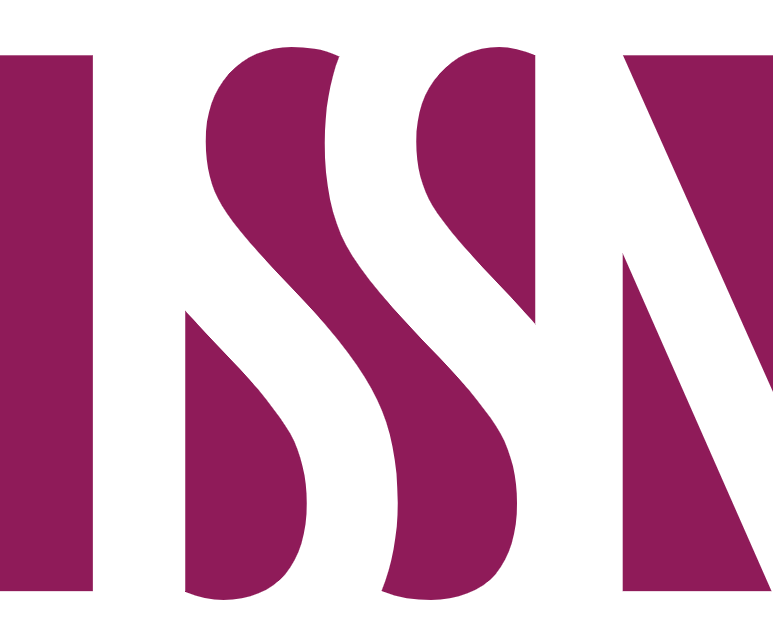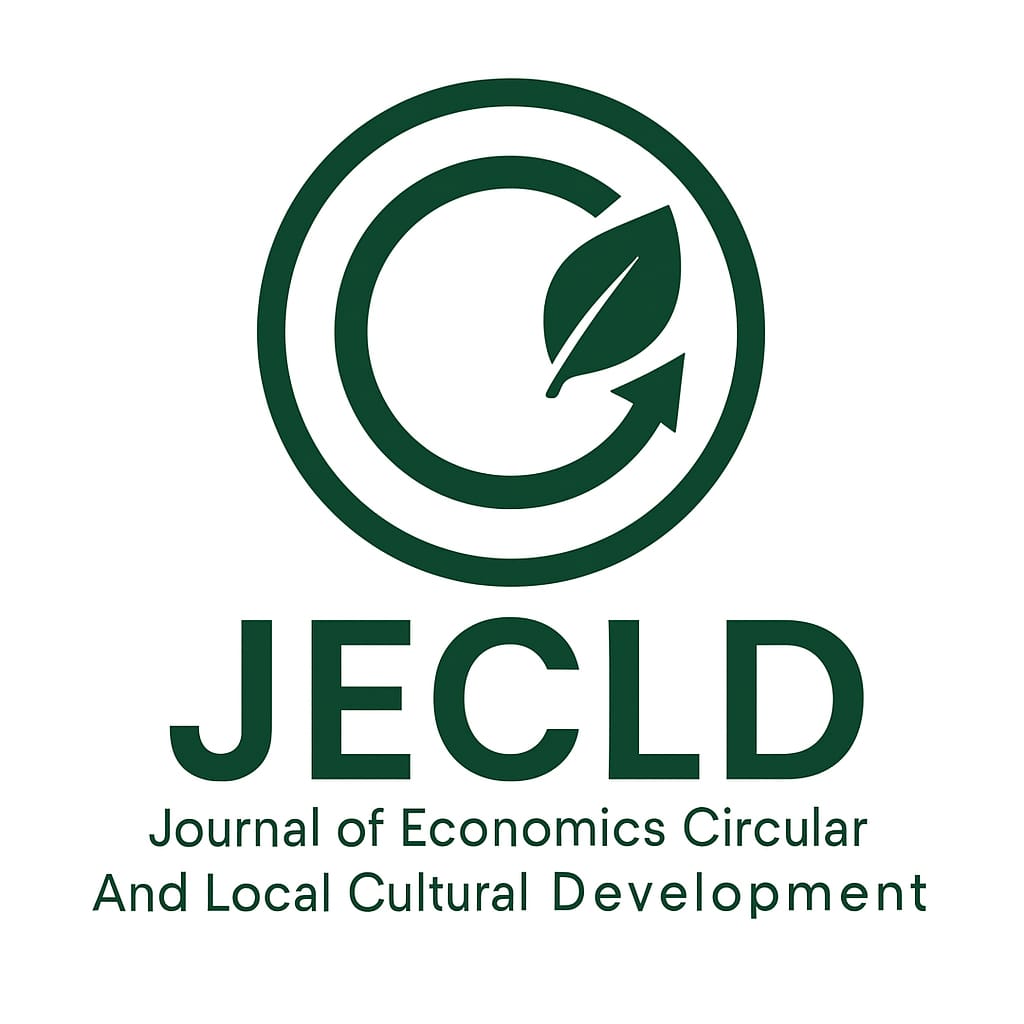
The Journal of Circular Economics and Local Cultural Development (JCECD) is fully committed to upholding the integrity and ethical standards of scholarly publication. We have a zero-tolerance policy for plagiarism and will take strict action against any detected cases.
Plagiarism is defined as the act of presenting someone else's ideas, words, or work as one's own without proper attribution. This includes, but is not limited to:
Direct Plagiarism: Copying text verbatim without quotation marks and proper citation.
Mosaic Plagiarism: Taking phrases from a source without quotation marks or changing a few words while maintaining the original sentence structure and meaning without attribution.
Paraphrasing Plagiarism: Paraphrasing someone else's ideas or arguments without proper attribution.
Source Plagiarism: Citing non-existent or irrelevant sources, or not citing sources at all.
Self-Plagiarism (Auto-Plagiarism): Reusing substantial parts or the entirety of one's own previously published work without proper acknowledgment or without permission from the previous publisher (also known as redundant or duplicate publication).
JCECD implements proactive measures to prevent plagiarism:
Author Guidelines: All authors are required to adhere to JCECD's author guidelines, which emphasize the importance of correct citation and referencing.
Ethics Statement: Authors must sign a statement affirming that the submitted manuscript is their original work, has not been previously published, and is free from plagiarism.
Plagiarism Detection Software: All submitted manuscripts will undergo a screening process using plagiarism detection software (e.g., Turnitin, iThenticate, or similar tools) to check for text similarity with existing publications. The acceptable similarity threshold will be determined by the journal editor.
If plagiarism is detected at any stage of the publication process (before, during, or after publication), JCECD will take the following actions:
Manuscripts Under Review/In Publication Process:
If plagiarism is detected before or during the peer review process, the manuscript will be immediately rejected.
The authors will be informed of the findings and the reasons for rejection.
The editor reserves the right to impose a temporary or permanent ban on future submissions to JCECD by the author(s).
Published Manuscripts:
If plagiarism is detected in a published manuscript, the editor will conduct a thorough investigation.
If plagiarism is confirmed, the article will be retracted from publication. A retraction notice will be published on the journal's website, explaining the reason for the retraction.
The authors and their institutions will be notified of the retraction.
The editor reserves the right to impose a temporary or permanent ban on future submissions to JCECD by the author(s).
Serious cases of plagiarism may be reported to the authors' institutions or relevant ethical bodies.
Authors are solely responsible for ensuring that their submitted manuscripts are original works and do not contain plagiarism in any form. They must ensure that all sources used are properly cited and referenced according to JCECD's specified citation style.
If readers or reviewers suspect plagiarism in a manuscript under consideration or already published in JCECD, please contact the editorial team immediately with relevant evidence. All reports will be handled seriously and investigated thoroughly.

 |
|
